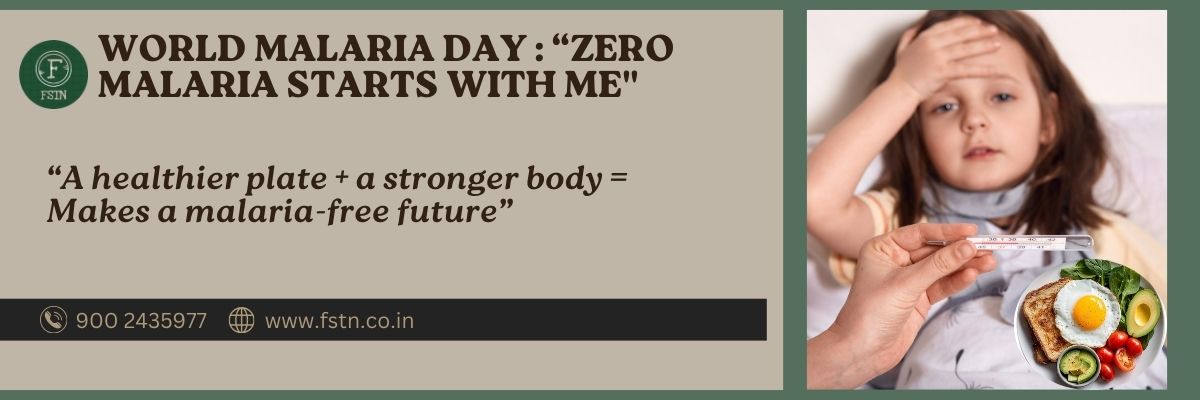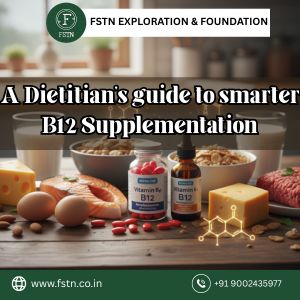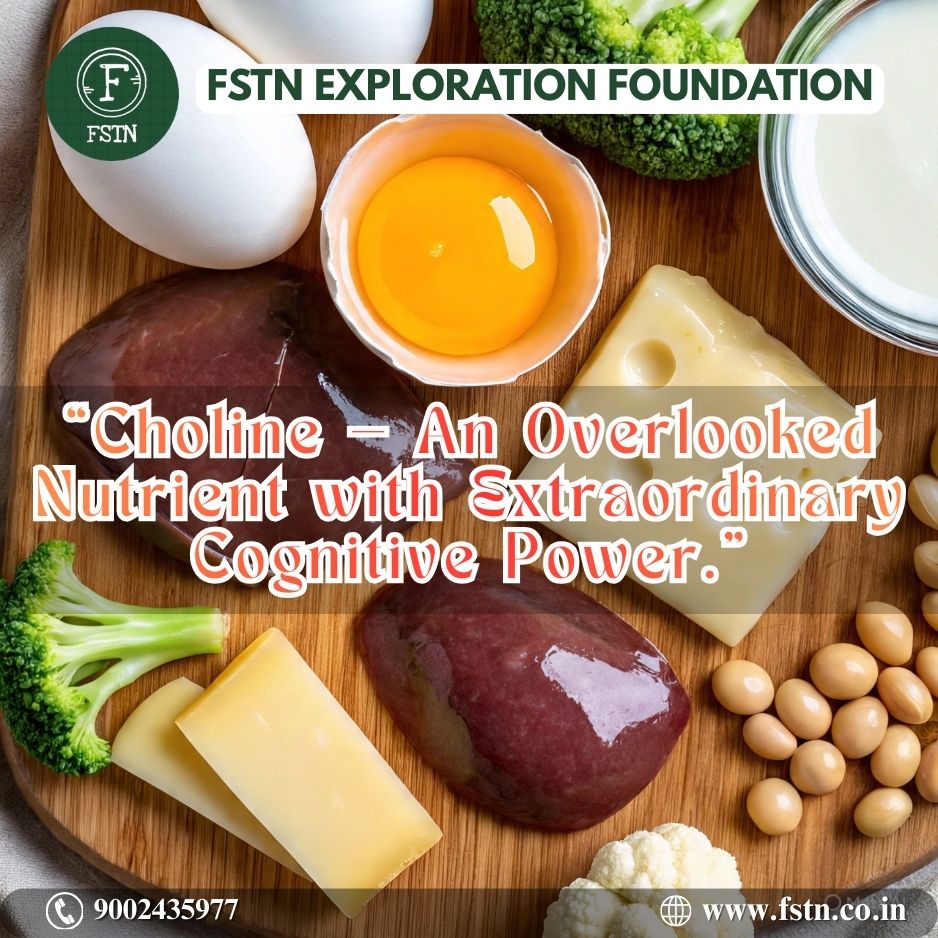“World Malaria Day (April 25th),” unites to raise awareness and strengthen efforts to combat malaria—a deadliest disease, thousands of lives. The theme “Zero Malaria Starts with Me" is a collective responsibility. While we often focus on mosquito control, medication, and hygiene, diet and nutrition are also powerful tools in both preventing and managing malaria.
The Link Between Malaria & Diet
Malaria, caused by the "Plasmodium parasite" and spread by "Anopheles mosquitoes" weakens the body significantly. It often leads to- High fever and chills
- Loss of appetite
- Fatigue and weakness
- Anemia
- Dehydration
1. Prevention—by building a strong immune system that resists infections.
2. Management—by supporting faster recovery and replenishing lost nutrients.
To combat malaria-induced Anemia
Since malaria destroys red blood cells, iron-rich foods help restore hemoglobin levels. Sources include-
- Dark leafy greens (spinach, kale, moringa)
- Legumes (lentils, chickpeas, kidney beans)
- Lean meats (chicken, fish, liver)
- Nuts & seeds (pumpkin seeds, flaxseeds)
Enhance Iron absorption
Pairing iron-rich foods with vitamin C boosts iron absorption, strengthening red blood cells. Get vitamin C from-
- Citrus fruits (oranges, lemons, guavas)
- Bell peppers
- Berries (strawberries, blueberries)
- Tomatoes
For Energy Restoration
Body needs fuel to work source of carbohydrates like rice porridge, semolina (Suji) preparations, and mashed potatoes provide the body with necessary energy. Malaria drains energy, so consuming folate- and vitamin B-rich foods helps rebuild stamina.- Whole grains (oats, brown rice, millet)
- Eggs
- Bananas
- Avocados
Strengthens Immunity & Repairs Tissues
Protein aid in tissue repair, and healthy fats reduce inflammation caused by malaria. Include:- Fatty fish (salmon, sardines)
- Dairy (milk, yogurt, cheese)
- Nuts (almonds, walnuts)
- Seeds (chia, flaxseeds )
Hydration
Due to dehydration fever and sweating generally occur in malaria. Small frequent meal , enough drinking water, coconut water, herbal teas, and electrolyte-rich drinks helps maintain fluid balance.
Prevention Tips-
Listen to Your Body, at first pay attention to appetite and any lingering digestive issues. Gradually, reintroduce a balanced diet as tolerated.- Always wash fruits and vegetables properly.
- Use mosquito nets and repellents to avoid infection.
- Include anti-inflammatory foods (turmeric, ginger, garlic) to reduce fever symptoms.
- Processed foods, refined sugar or excessive sugar, and alcohol, are the reason of weaken immune system avoid them completely.



